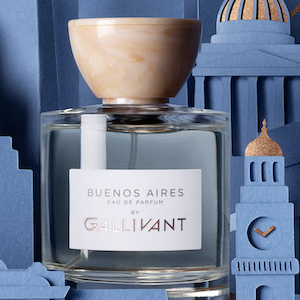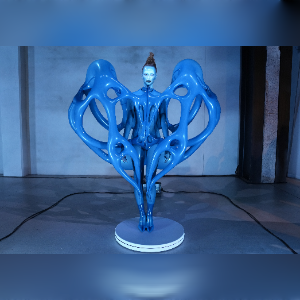Glitz; The Scent of an Immortal
By Georgina Sussman
The familiar name of Charles Henry Harrod may ring a bell. Yep you guessed it, Charles Henry Harrod as in Harrods, the iconic luxury department store. However that wasn’t what he was always known for.
His first business was established as, ‘Harrod and Wicking, Linen Drapers, Retail’ in Southwark being a draper, mercer and haberdasher until the partnership fizzled out in 1831. In 1832, he opened a business in Clerkenwell; it was a grocery store. Then in 1834 he opened another grocery store that focused on tea, which may explain the incredible grocery and tea section in Harrods now. However, it was in 1851 when Charles Henry Harrod’s legacy really begun.
In the depths of Knightsbridge, down Brompton Road, the British Icon, Harrods, opened its doors for the first time. Despite being a small single room, it was still a store. It was then Charles Henry Harrod’s son Charles who expanded the business into a retail space by taking over the building and then the one over that was adjoined with it. By 1880 over 100 people were employed there. However in December 1883 the store burnt down, but Harrod’s legacy lived on when he delivered his customers Christmas gifts and made profit in the process.
Soon after, a new Harrods was built on that same site and attracted some of its best customers, some of those names being of the British Royal Family, Sigmund Freud, Oscar Wilde and more!
Harrods history didn’t stop there though. In 1898 the first “moving staircase” in England was debuted there, which we now would recognise as a very early version of the escalator.
With over 5 acres of space, 7 floors and an impressive repertoire of 330 departments, Harrods has solidified itself in British history as more than just a fashion icon. Harrods’ has become a large character in London.
In a way, one may say that the myth of Egyptian Immortality and the journey of Harrod’s legacy are both long and time consuming, taking a long time of one’s life to prepare and complete.
In the myth of Immortality there are multiple steps of preparation before going to the afterlife. The first step is mummification, then there is the preparation of bringing possessions. The more possessions the less work they would need to do in the afterlife.
Although they don’t seem similar, there are aspects in both the myth and the store that can combine to take a lifetime. The efforts that were put into the creation of the store in comparison to the efforts that go into the end of a life are gruelling tasks that are considered important in both developments of life and character.
One of the most spectacular aspects of Harrods is the Egyptian-style clothing department. With detailed sculpture, intricate pillars and low lighting, it’s no wonder that Ex Nihilo has created a scent that captures the essence of Egyptian immortality as well as Harrods itself.
Launched in June 2018, “Brompton Immortals” captures the luxurious atmosphere that is Harrods whilst encapsulating the legacy of Egyptian immortality. It’s sensual and suave whilst being warm and musky. Both the Egyptian myth of immortality and the luxurious department store have a resounding name in history and legacy, being icons in their own way. To blend the two into one scent is genius yet still fluid in smell and idea.
The notes of this Floriental further enhance the idea of immortality and luxury in “Brompton Immortals”. With top notes of Saffron and Pink Pepper, the fragrance is warm and musky. The heart is made up of Bulgarian Rose, Jasmine Absolute and Lys Yang, giving off an essence that is sweet, feminine and slightly woody. The base then ties all of the fragrance together with Vanilla Madagascar, White Musk, Oliban and Patchouli, which then enhances the warmth in the aroma, as well as a certain familiarity.
Ex Nihilo have somehow managed to create a fragrance that really captures the luxury of London whilst adding in familiar touch of history into the scent. Brompton Immortals can be found exclusively in Harrods for £295 for 100ml.








